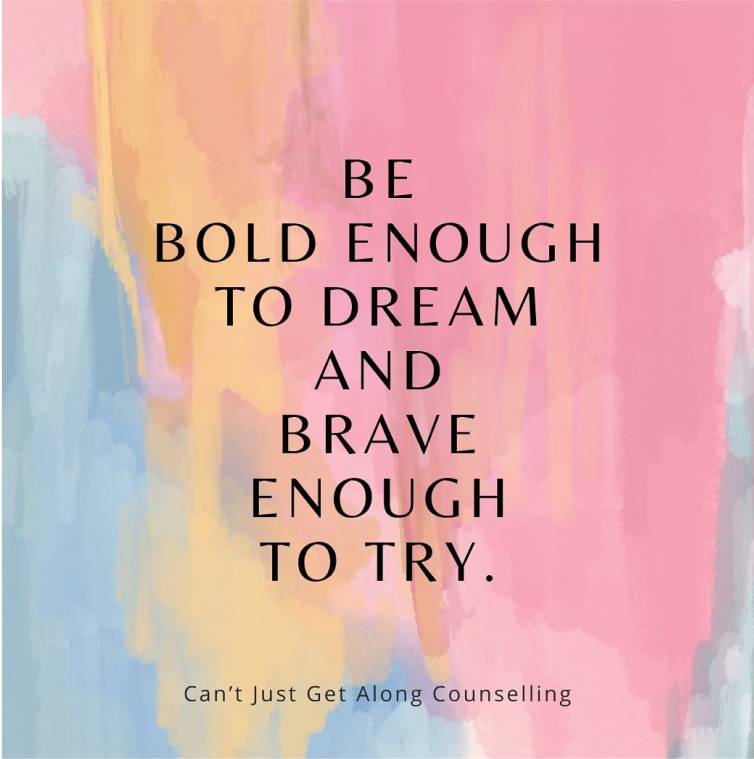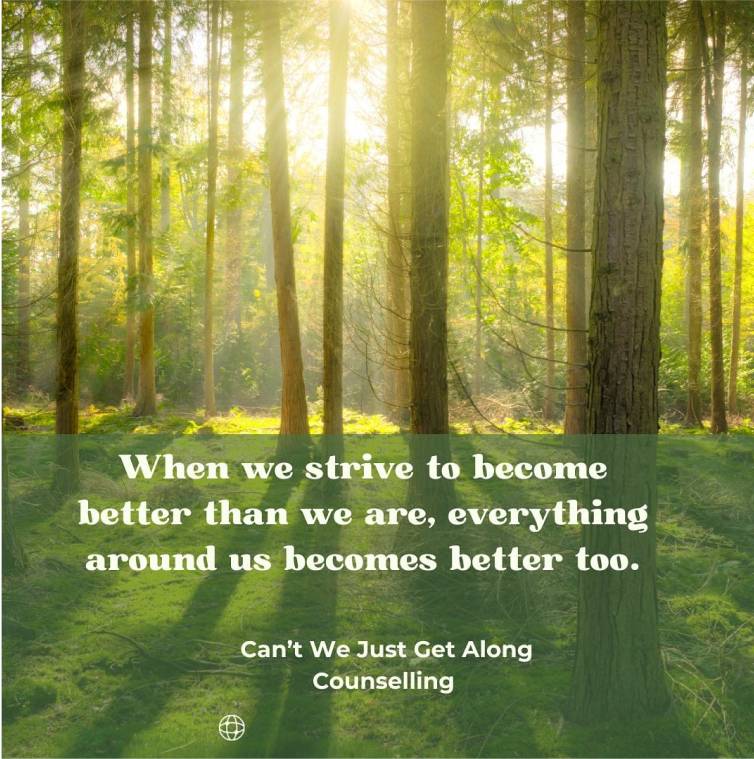Counselling Services
Grief Counselling in Calgary
The experiences of grief and loss are woven into our human experience; none of us can avoid it. When a loss occurs, it can be unbearable. Please do not suffer alone. Book an appointment and begin the process of navigating these uncomfortable emotions with a comforting outside perspective.

Online & In-Person Therapy Options
Trusted by Calgarians for over 24 years
Highly-Trained & Registered Psychologists
Supporting Individuals Through the Healing Process
We Can Help You Overcome Grief
At Can’t We Just Get Along Counselling, we offer grief counselling services specifically designed to meet you where you’re at in your stage of grief. We honour the timing and pace of the grief process and allow you to access sadness in a calm, supportive environment.

As you move through the grieving process, we will offer reassurance so that you don’t feel alone during this difficult time. We’ll walk beside you for as long as it takes, remaining curious and patient.
Sometimes, grief may become too overwhelming. In that case, we can offer EMDR to help eliminate intrusive images and body sensations related to the loss, such as the look on someone’s face or the last words they spoke.
The ultimate goal of our grief counselling services is to provide you with the compassionate bereavement support and guidance needed to navigate the complex and challenging grief journey.

What Is Grief Therapy?
“Grief is a mountain that crushes you when it first occurs, and over time, it is a stone you carry in your pocket the rest of your life” —Author unknown
Grief is your mind’s way of coping with change, and grief counselling will help you address any kind of loss that you may have experienced and the symptoms that arise throughout the grieving process.
Our Calgary grief counsellors will help you overcome grief in an emotionally healthy way by providing coping strategies tailored to your needs and specific situation.


Signs You or a Loved One Need Grief Counselling
- Increased irritability
- Numbness
- Bitterness
- Detachment
- Preoccupation with loss
- Inability to show or experience joy
- Tiredness
- Feeling lost in life
- Stress
- Memory loss
Here are some questions you can ask yourself to help determine whether loved ones are experiencing grief:
- Increased irritability
- Numbness
- Bitterness
- Detachment
- Preoccupation with loss
- Inability to show or experience joy
- Tiredness
- Feeling lost in life
- Stress
- Memory loss
Types of Grief

1. Complicated Loss
2. Loss in Limbo


3. Anticipatory Loss
4. Disenfranchised Loss


Stages of Grief After Losing a Loved One
The trauma associated with experiencing loss gives way to the different stages of grief. There is no right or wrong way to grieve; each person’s pattern of grief reflects their unique way of viewing and dealing with the loss they’re experiencing.
Elizabeth Kubler-Ross, an expert on death and dying, explains that people pass through five different stages of grief:
Denial
Anger
Bargaining

Benefits of Grief Therapy
- Improve mental health
- Create a private and safe space for emotions
- Provide a welcoming environment for open communication
- Build resilience
- Instill hope in the future
- Overcome challenges with friends and family
- Feel validated in one’s emotions
- Prevent prolonged grief disorder
- Reduce feelings of isolation


Is Grief & Loss Counselling Right For You?
After experiencing a loss, many people wonder whether grief and loss counselling can help them. Usually, the answer is yes—when it makes sense and the time is right. It’s important to understand that everyone experiences and heals from grief differently; there is no set timeline for it.
Often, dealing with loss and grief requires specialized support—it’s the most difficult psychological pain you can go through. Whether it’s the loss of a friendship, a pet, a miscarriage or young child, a stillbirth, or the death of a loved one, professional trauma counselling and referral services can help you move through the stages of grief.

Helpful Therapy Resources
The Pros and Cons of Virtual and In-person Therapy
Why You Shouldn’t Wait to Seek Couples Counselling
PTSD Couples Therapy: How Healing Past Traumas Can Lead to a Healthier Relationship
Book an appointment with us:
Get The Grief Support You Need
Frequently Asked Questions
Let’s look at this question another way—from the perspective of what not to do. Here are some common things you should avoid saying to someone who is going through tough times:
- Cheer up. They’re in a better place now and wouldn’t want you to be sad.
- Focus on all your blessings!
- God has a plan.
- It’s been a while—it’s time you get over it.
- Cherish the memories, and they will bring you peace.
- Pull yourself together because you need to be there for your family.
- I can’t imagine what you’re going through.
- So, how ‘bout them Flames?
Grief affects the body physically, emotionally, and mentally. It’s so important to take care of yourself throughout the grieving process, even when you might not want to. Creating a routine can help you make time for this each day.
Here are some ways that grief commonly affects the body:
- Body aches and pains
- Insomnia and fatigue
- Muscle soreness
- Foggy brain / cognitive functional impairments
- Poor posture
- Abdominal pain
- Intense “Heartache”
- Eating disturbances
- Emotional fluctuations
- Exacerbated medical issues
When we don’t grieve, we often face other conditions like anxiety, depression, or addiction.
Grief feels awful, but there’s a common saying: what you resist persists. If you let yourself feel those feelings of sadness, anger, shame, bargaining, and depression, they tend to subside. If you fight them, they stay locked in your nervous system, behaviours, dreams, and beliefs.
Grief takes time to heal, and everyone experiences it differently. Most people grieve in relation to the intensity of the love they had for the person or situation. One person might grieve for two months, another for a year. Some may not shed their first tear until five years later.
It’s important not to rush yourself through the grieving process—and certainly not to let others rush you through it.
Grief is a bit like a fingerprint in that it’s as unique as you are. Don’t tell yourself (or let other people tell you) how you should or shouldn’t feel. Instead, honour the emotions you have as they come. It’s healthy to sit with the grief—to feel all the feelings, letting the grief work its way through to help you adjust to change.
Absolutely. The grief psychologists at Can’t We Just Get Along Counselling are always accepting new clients, whether it be children or adults with grief or many other issues. We also offer family counselling should families be affected by the loss of a close relative.
Follow Us for More Therapy Insights









